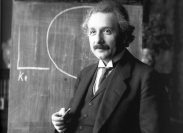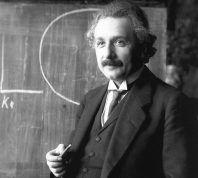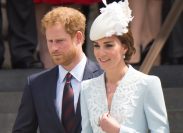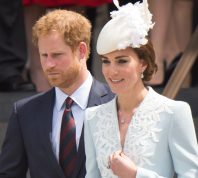Two Galaxies Crashed Together and This Is What it Looked Like After
“Out of this world” is an understatement.
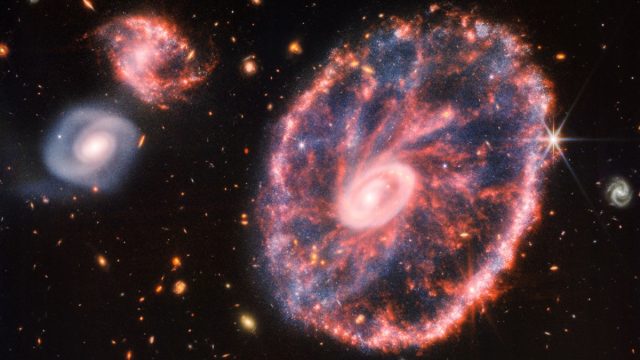
Ever wonder what it would look like if two galaxies crashed together? The answer is, pretty spectacular! NASA's James Webb space telescope has captured images of the Cartwheel Galaxy and two companion galaxies, providing insight into how the galaxy has changed over billions – yes billions – of years. It also may explain the star formation of the galaxy and how the central black hole came to be.
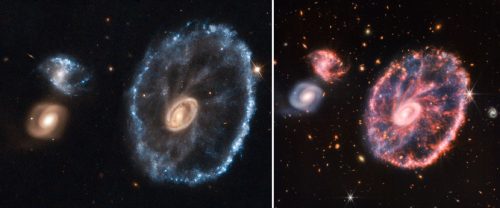
"Time to reinvent the wheel. Here's a brand new image of the Cartwheel Galaxy as seen by the James Webb space telescope. Webb offers not just a snapshot of the galaxy's current state, but also a peek into its past and future," the telescope's Instagram account announced this week. "We believe this galaxy started as a spiral galaxy before it collided with a smaller galaxy hundreds of millions of years ago. Now, it's made up of 2 rings — a bright inner ring and a surrounding, colorful ring. Both expand outwards from the center like pond ripples."
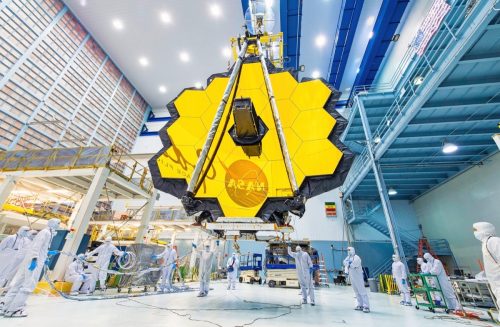
They also explained that the stunning image is a "composite view" combining data from two different instrument's, the Webb's NIRCam and MIRI. "While Webb's NIRCam reveals previously unseen young stars, MIRI reveals regions rich in hydrocarbons and chemical compounds, as well as silicate dust — similar to dust on Earth," they added.
RELATED: Scientist Admits "Space Telescope Image" is Actually Chorizo Slice
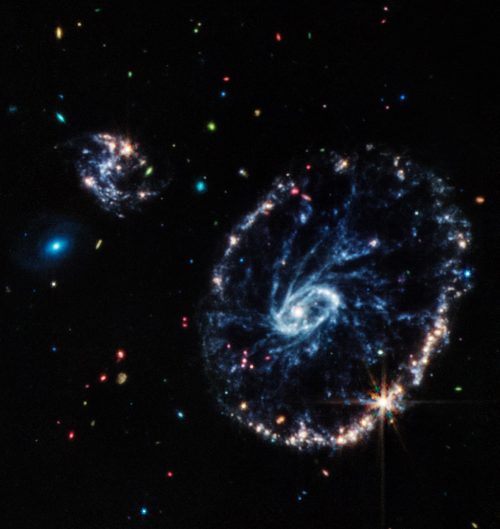
In a separate press release issued by NASA, scientists added that the galaxy, located about 500 million light-years away in the Sculptor constellation, achieved its appearance "much like that of the wheel of a wagon" due to the "intense event" – "a high-speed collision between a large spiral galaxy and a smaller galaxy not visible in this image," they continued. "Collisions of galactic proportions cause a cascade of different, smaller events between the galaxies involved; the Cartwheel is no exception."
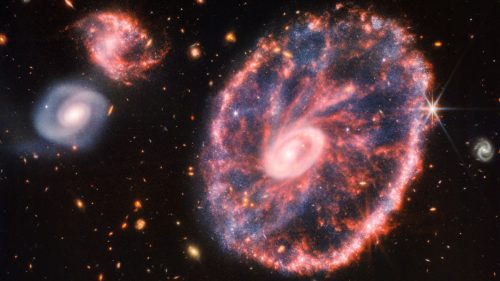
"The collision most notably affected the galaxy's shape and structure," they continued. "The Cartwheel Galaxy sports two rings — a bright inner ring and a surrounding, colorful ring. These two rings expand outwards from the center of the collision, like ripples in a pond after a stone is tossed into it. Because of these distinctive features, astronomers call this a "ring galaxy," a structure less common than spiral galaxies like our Milky Way."
RELATED: Earth is Spinning Faster than Usual and Here's How it's Already Affected You
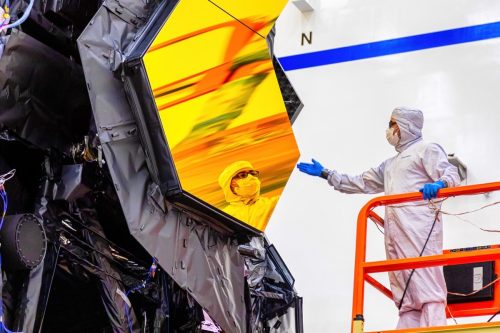
They went on to explain that while the galaxy has been photographed and examined before, the dust surrounding it has obscured the view up until now. "Webb, with its ability to detect infrared light, now uncovers new insights into the nature of the Cartwheel," they said. "Webb's observations underscore that the Cartwheel is in a very transitory stage. The galaxy, which was presumably a normal spiral galaxy like the Milky Way before its collision, will continue to transform. While Webb gives us a snapshot of the current state of the Cartwheel, it also provides insight into what happened to this galaxy in the past and how it will evolve in the future."



